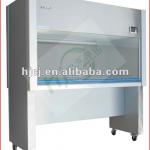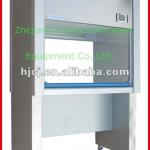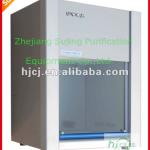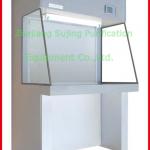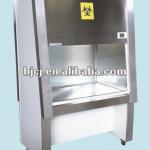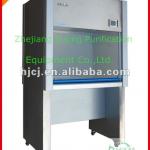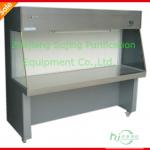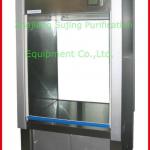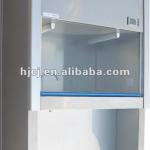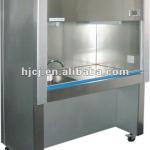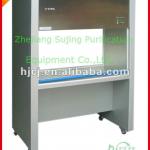Stone Wastewater Treatment System,water filter system
| Place of Origin:China (Mainland) | Brand Name:TIANJUN | Model Number:TJ | After-sales Service Provided:Engineers available to service machinery overseas |
| Condition:New |
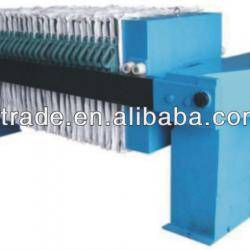
Stone Wastewater Treatment System
Overview
The stone wastewater treatment system designed and manufactured for China stone industry is a high-tech, environment-friendly and energy-saving product line for wastewater purification and recycling. This proprietary system is developed by referring to advanced technology from Italian stone companies and abandoning the shortage of domestic conventional wastewater treatment through pool settlement, and features vertical settlement towers, thus also being called the tower settlement waste removal system.
Reputed for its distinct features such as flexible combination, space saving, effective wastewater purification and recycling and big capacity, the system is received by more and more domestic stone enterprises, and widely applied in industries including stone, ceramics and polished tiles.
The system adopts automatic and intelligent control which helps save labor and maintenance effort, and closed pipe connections which ensures field cleanness, and is applicable to related enterprises of any scale.
The system is integrated with settlement, condensation and pressure press filtration features, well-functioned, technologically advanced, and effective to treat wastewater, being a priority choice of stone and ceramic manufacturers.
Technical Process
Wastewater generated from stone sawing machines and polishing machines will be drained to the wastewater pool, and pumped into the wastewater tower by the wastewater pump. Meanwhile, the dosing machine will make up the preparation with tap water in certain proportion, which will be injected into the wastewater pipeline with rations by the metering pump, and sent to the wastewater tower together with wastewater. Wastewater inside the tower will be polymerized and settled under the flocculation action of the solution. Suspensions are separated inside the tower, with clean water in the upper part and turbid in the lower one. The clean water in the upper part will overflow to the clean water tower, and the foul water (mud) will be discharged to the sludge pool intermittently. Foul water at the bottom of clean water tower will be discharged to the sledge pool once for a comparatively long time. Sludge inside the sledge pool will be mixed thoroughly and then pumped by the sludge pump to the filter press for filtration. Dry filter cakes are formed inside various filter chambers of the filter press, which will be delivered out and buried. Clean water filtered by the filter press and discharged from the upper part of the clean water tower will flow to the reservoir for reuse.
Treatment Units
1. Wastewater pool
Wastewater generated from the stone sawing and polishing process will be drained to a pool via feed ditches, and big suspensions will be blocked out before the wastewater pool by a mesh. When wastewater level inside the pool reaches a certain upper limit, the wastewater pump will be activated (note: the flow of wastewater pump should be more than drainage of wastewater); when wastewater reaches a certain lower limit, the wastewater pump will be closed.
The wastewater pool serves as a collecting and balancing stop prior to wastewater treatment.
2. Wastewater tower and clean water tower
They are the main wastewater treatment units. The wastewater tower with its unique interior structural design enables wastewater to react with the solution and get separated. Clean water from the outlet weir at the top of the tower is discharged to the clean water tower, while sludge is settled over the cone at the bottom of the tower. The valve at the bottom of the wastewater tower is closed or opened automatically according to the upper and lower limits of the sludge pool, so that wastewater inside the tower can take sufficient time in reacting with the solution, and clean water can be discharged from the outlet weir. Clean water after secondary settlement of treated wastewater inside the clean water tower may be reused in production process directly. Foul water at the bottom of the clean water tower will be discharged once for a comparatively long time, and settlements will be drained when the valve is opened automatically or manually.
Sludge at the bottom of the wastewater tower and the clean water tower will be discharged to the sludge mixing pool.
3. Dosing Machine
Preparation (for instance polyacrylamide) is mixed with tap water in certain proportion, and the constant density is maintained. The type of preparation and the proportioning density should be the best after repeated testing according to the nature of raw water. The prepared solution will be injected into the wastewater pipeline with precise rations by the metering pump, with the pump pressure higher than water pressure inside the wastewater pipeline. The solution conduit should be clean and anti-corrosion, and a check valve is set to prevent wastewater from back flowing when the pump is closed prior to merging with the wastewater pipeline.
4. Sludge mixing pool
Sludge (mud) condensed at the bottom of the wastewater tower and the clean water tower will be discharged to the pool and mixed continuously so as to prevent reacted sludge from continuing to flocculation and ensure thorough mixing prior to sludge dehydration. The pool is preset with upper and lower limits. When the water level reaches the upper limit, the valve at the bottom of the wastewater tower will be closed, and the sludge pump will be shut down. It is not allowed to run the mixer with empty load.
5. Filter press and sludge pump
The filter press works intermittently, i.e. start-standby, and is an important part of the system. It mainly works to dehydrate the sludge, and filter cakes formed after filtration are dry and easy to deliver. Filtered water is clean, and may be directly used in the recycling water system via the preset backflow pipe.
The higher the pressure of sludge pump is, the drier the filter cakes are. However, more filter clothes are consumed. The recommended operating pressure for the stone industry is 0.4—0.6Mpa.
The system is controlled by a programmable logic controller (PLC), which works stably, reliably and automatically. See the below flowchart for its working procedure.
QUALITY CONTROL:
STONE FAIR:
OUR COMPANY:
OUR CUSTOMERS COVER:
Contact US:

| Packaging Detail:Well package |
| Delivery Detail:Timely Delivery. |



